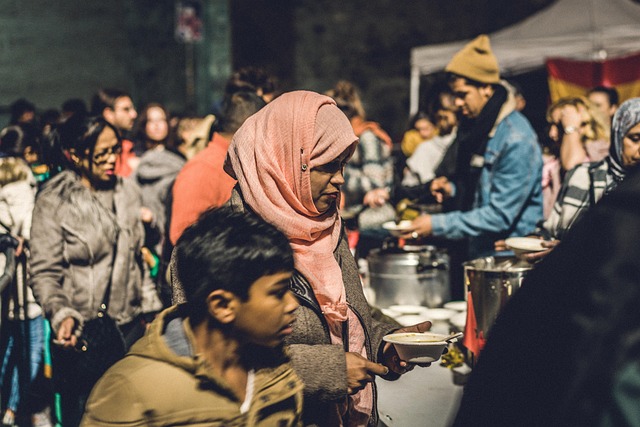Confession is a practice that transcends mere admission of wrongdoing; it is a profound act of vulnerability that holds the power to not only heal the individual but to strengthen the community. Within the realm of religion, confession often takes on a sacred connotation, inviting believers to share their burdens and seek forgiveness. This essential aspect of faith encourages individuals to open their hearts and minds, fostering a deeper connection among community members.
In various religious traditions, confession serves as a spiritual cleanse, allowing individuals to unburden their souls. By acknowledging their shortcomings, members of a faith community participate in an essential ritual that not only promotes personal growth but also cultivates a supportive environment. This practice is not just about penance; it actively invites dialogue, understanding, and reconciliation among group members. When we embrace the act of confession, we pave the way for authentic relationships built on trust and compassion.
Moreover, the communal aspect of confession reinforces the idea that we are all flawed yet striving for improvement. It creates a safe space where individuals feel empowered to share their stories, knowing that they are not alone in their struggles. This shared experience fosters empathy and solidarity, allowing members of the community to support one another through life’s trials. Whether it is through a formal sacramental process or informal gatherings, confession builds a bridge between individuals, encouraging a collective journey toward healing.
No matter the faith tradition, confession emphasizes accountability and forgiveness. The act encourages individuals to reflect on their actions and consider the impact they have on others. This introspection nurtures personal responsibility and encourages individuals to become better members of their communities. It reminds us that our actions matter and that we hold the power to bring about positive change in the lives of those around us.
In addition, the collective involvement in confession can act as a catalyst for community outreach and activism. When individuals come together to confess and share their burdens, they often recognize the collective struggles within their community. Harnessing this understanding can lead to initiatives aimed at alleviating common issues, whether it be poverty, injustice, or mental health. The power of confession can transform a group of individuals into a cohesive unit committed to affecting meaningful change.
Beyond the walls of a place of worship, the spirit of confession transcends into daily life. It encourages us to communicate openly and honestly with one another, fostering a culture of transparency. When we practice confession in our interactions, whether in personal relationships or community engagements, we create an atmosphere where honesty is valued and where healing can occur. This cultural shift can have rippling effects—promoting understanding, forgiveness, and ultimately a stronger, more resilient community.
Ultimately, the act of confession is a powerful tool that, when embraced, can lead to transformative experiences within a community. It invites us to acknowledge our humanity, to seek forgiveness, and to extend grace to others. As we share our burdens, we forge connections that uplift and inspire, ensuring that faith is not just a personal journey, but a communal experience enriched by shared honesty and healing.




